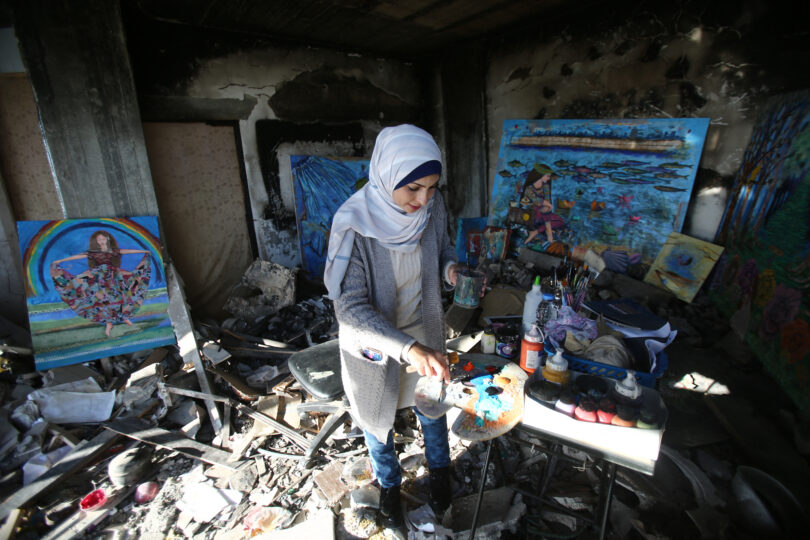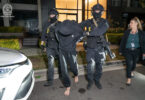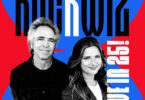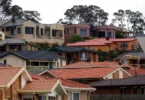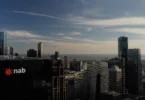Pager blasts and devastation: the Israel-Hezbollah conflict
Paris, France
Here is a timeline of key chapters in the conflict.
– Fire along the border –
Hezbollah starts firing into northern Israel in support of Hamas, a day after its Palestinian ally’s October 7, 2023 attacks on southern Israel spark the Gaza war.
The cross-border exchanges between the Israeli army and Hezbollah, which like Hamas is backed by Iran, continue on an almost daily basis.
On January 2, 2024, nearly three months after Hamas’s attack, the group’s deputy leader Saleh al-Aruri is killed in a strike blamed on Israel in Beirut’s southern suburbs, a bastion of Hezbollah.
– Hezbollah, Fatah officials killed –
On July 27, in the Israeli-annexed Golan Heights, 12 children are killed in a rocket strike in the Druze Arab town of Majdal Shams. Israel blames the attack on Hezbollah, which denies responsibility.
The Israeli army responds by striking Beirut’s southern suburbs on July 30, killing Hezbollah’s top commander in the south, Fuad Shukr.
In an August 21 strike, the Israeli military also kills Khalil Maqdah, described by the Palestinian Fatah movement as “one of the leaders” of its armed wing in Lebanon.
– Large-scale attack –
With fears of escalation running high after Shukr’s death, Israel launches air strikes on Lebanon on August 25, saying it thwarted a large-scale Hezbollah attack.
Hezbollah, for its part, says it successfully launched hundreds of rockets and drones at Israel in response to the commander’s killing.
The stepped-up exchange prompts calls for de-escalation.
– Pager bombs –
On September 17 and 18, hundreds of pagers and walkie-talkies used by Hezbollah explode in an operation the group blames on Israel.
The attack kills 39 and wounds nearly 3,000, according to Lebanese authorities.
Israeli Prime Minister Benjamin Netanyahu later acknowledges in November having given the green light for the attack, which Israel had not previously commented on.
– Deadly September –
On September 20, an Israeli air strike in Beirut kills the head of Hezbollah’s elite Radwan Force and another senior commander. Lebanon’s health ministry says the strike killed at least 45 people.
Days later, on September 23, Israel steps up its air campaign in Lebanon, killing 558 people in a wave of strikes, according to the Lebanese authorities. It is the worst death toll in a single day since the end of the country’s 1975-1990 civil war.
Two days later Hezbollah claims its first ballistic missile attack on Israel, saying it targeted the headquarters of the Mossad spy agency.
It is also the first time a Hezbollah missile reaches Tel Aviv before being intercepted, Israel’s military says.
– Chief killed –
On September 27, an Israeli strike on south Beirut kills Hezbollah leader Hassan Nasrallah.
Three days later, Israel launches a ground offensive in southern Lebanon against Hezbollah strongholds while carrying out heavy bombing across the country.
On October 1, Hezbollah ally Iran launches a barrage of 200 missiles at Israel in what the Revolutionary Guards say is a response to the killing of Nasrallah. Israel hits military sites in Iran in retaliation.
Later in the month, Netanyahu accuses Hezbollah of having tried to assassinate him after a drone targeted his private residence on October 19.
– UN peacekeepers hit –
The UN’s peacekeeping mission in Lebanon says in October that it has suffered more than 30 incidents in which its peacekeepers were injured or its posts damaged, attributing 20 of them to Israel.
The new Hezbollah chief, Naim Qassem, says on October 30 he is open to a truce with Israel under certain conditions, but that there was not yet a serious plan on the table.
– Diplomatic efforts –
The EU, United States and UN step up efforts to broker a truce after two months of open war.
A ceasefire takes effect on the morning of November 27, and thousands of displaced Lebanese begin the journey back home, with many celebrating an end to the fighting.
The final hours before the truce takes hold are particularly violent, especially for Beirut, with a wave of Israeli strikes hitting areas including the busy commercial district of Hamra.
Hezbollah, too, continues to claim attacks on Israel all the way up to the start of the truce.
paj/jmy/smw
© Agence France-Presse

